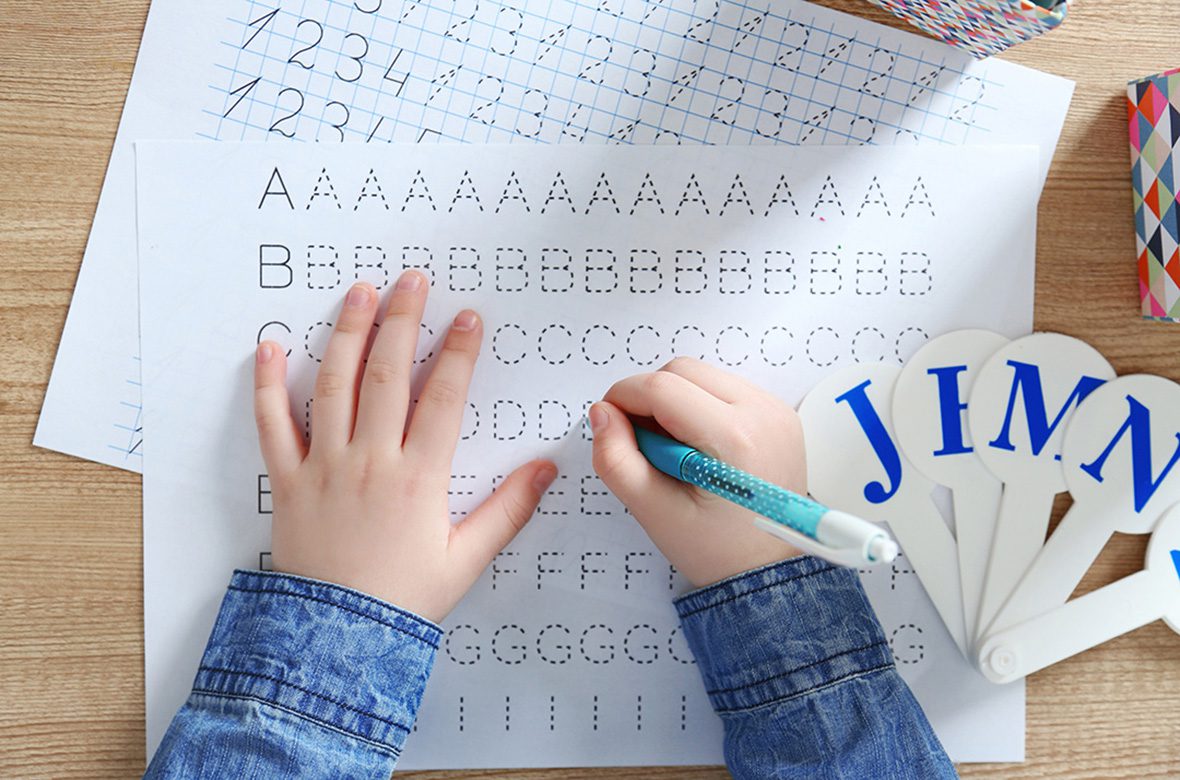Choosing the Right K-8 School in the Phoenix Valley: A Parent’s Guide
The Phoenix Valley is growing at what seems like an exponential rate over the past decade. The area is drastically changing year-by-year, making it incredibly difficult for new families when it comes to choosing a lower or middle school. With so many options available, it’s essential to consider various factors to ensure your child receives the best education and has a positive academic experience.
1. Curriculum: What’s Being Taught?
Whether you’re looking to place a lower school or middle school student, you should first ask whether the school offers a challenging and balanced educational program that addresses the needs of both younger and older students? Kindergarten through middle school is a critical period in a child’s educational journey, so the curriculum should foster both academic and personal growth.
Finding a school that offers a comprehensive curriculum that balances core subjects—like English, math, science, and social studies—with enrichment programs in art, music, and physical education. Additionally, many K-8 schools offer specialized programs like STEM (Science, Technology, Engineering, and Mathematics) or STEAM (which includes Art) foreign languages, or even coding and robotics.
The school’s approach to education is another thing that should be considered. Some schools may embrace a traditional, teacher-led approach, while others might incorporate more progressive teaching styles, such as project-based learning. For younger students, particularly those in kindergarten or transitional kindergarten, this distinction can greatly impact how they engage with learning.

2. Cost: Private vs. Public K-8 Schools
In Phoenix, you’ll find both public and private K-8 schools. Public schools are typically free and funded by tax dollars, but they may have larger class sizes and less flexibility in terms of curriculum and extracurricular offerings.
Private schools, on the other hand, offer smaller class sizes, more specialized curricula, and often a focus on character development. Their smaller class sizes give private schools the flexibility to accommodate diverse learners. It also makes it possible to spend more time with those students who are struggling or those who are gifted and progressing faster than those in their grade.
Tuition at private K-8 schools can vary, but many schools offer financial aid or scholarships, which can help offset the cost. There are also tax credit organizations known as Student Tuition Organizations (STO) and Empowerment Scholarship Accounts (school vouchers), which provide tuition support regardless of income.
3. Transportation: Convenience and Accessibility
Transportation can be a significant consideration when choosing a K-8 school, particularly in a large metropolitan area like Phoenix. Public schools often provide bus services, but for private schools, transportation might not be as easily available.
Consider the distance between your home and the school. Is the school located within a reasonable commute, or will you be spending a lot of time on the road? For many, a commute to Scottsdale is much easier than a commute to East Mesa.
The start and end times for school is another factor that needs to be considered. A school that starts early in the morning and finishes later in the day might not be ideal if you have other commitments or a long commute. Ensure the school’s schedule aligns with your family’s work and life balance.
4. Community and School Culture
Finding a welcoming atmosphere should always be a concern for a parent looking to choose a K-8 school for their child. Their experience at the school is going to significantly hinge on the community and culture of the school. Make sure you visit the school to see if they emphasize a strong sense of community and are welcoming to new families.
Your family’s values and priorities should always come first. If a strong sense of community and parent involvement is important to you, find a school that encourages parents to participate or volunteer in events throughout the school year. Explore the role of the Parent Teacher Organization associated with each school.
Private schools not only tend to foster the building of a larger community, they tend to place more emphasis on the character development of their students. Academics are not the only concern for parents who are looking for a school that will reflect the values they uphold within the home.
5. Extracurricular Activities and After-School Care
A well-rounded education includes opportunities for students to explore their interests outside of traditional academic subjects. Consider what extracurricular activities the school offers. Find out how many sports teams and clubs the school offers. Look at their art and music programs and determine whether they are open to all students, from lower school to middle school.
For working parents, a robust offering of after-school programs may be a dealbreaker. Many schools offer after-school programs, but the availability, quality, and cost can vary. Make sure the school provides reliable, safe, and engaging after-school options for your child if needed.

6. Academic Support
Whether your child requires extra academic support or if they are gifted, it’s important to inquire about the school’s approach to these respective situations. Some schools offer the assistance of a dedicated support team that will focus on children who are struggling to learn at their grade level. Determine which school is best suited to accommodate students with different learning styles or abilities.
For parents with children who need academic challenges, find a school that offers gifted or advanced learning opportunities. Be sure to research whether the school offers the right level of support for your child’s needs, whether they’re in transitional kindergarten or going into middle school.
7. School Reputation
Finally, take some time to research the school’s reputation in the community and its academic performance. You can look at state test scores, school rankings, and reviews from other parents to get an overall sense of the school’s quality. Popular directory sites, like Niche.com or GreatSchools.org can help you weigh one school against the other.




